The Lovers of Sarajevo (1993)
ジャンル : ドラマ
上映時間 : 22分
演出 : Marcel Hanoun
シノプシス
Deeply moved by the Bosnian tragedy and, more specifically, by the nightmare that the inhabitants of Sarajevo have been living for two years, the filmmaker Marcel Hanoun, like other great creators (from Susan Sontag to Juan Goytisolo), wanted to give testimony. He has made a superb film-poem in homage to this young Bosnian couple (belonging to two enemy communities) that was killed by an anonymous sniper on Liberty Bridge, in the summer of 1993, as they were trying to flee from the besieged city. ("Le Monde Diplomatique", 1994)
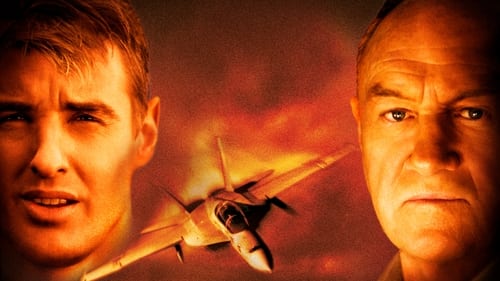
舞台は、1992年に起きた旧ユーゴスラビアの民族紛争が一応解決し、和平が結ばれているボスニア。米海軍大尉クリス・バーネットは、平和を維持するための軍務に意味を見出せず、レイガート司令官と衝突する。そして、本来は休暇であるクリスマスに、レイガート司令官はボスニア上空からの撮影任務を命じる。相棒のスタックハウスと共に空母カール・ビンソンから発艦したF/A-18Fは、ボスニア上空を飛行中、飛行ルートを外れた地帯にレーダー反応を探知。そちらへ向かうと地上に兵器が映り、カメラでの録画に成功する。しかし突然、地対空ミサイル(SAM)による攻撃をうけて撃ち落とされる。
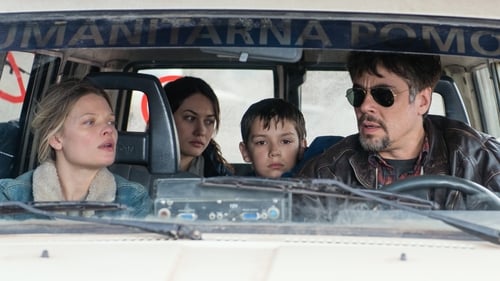
パウラ・ファリアスの原作を豪華キャストで映像化した感動のヒューマン・ドラマ。井戸に死体が投げ込まれ、生活用水が汚染された村。国際援助活動家たちはロープを手に入れ、死体を引き上げようとするが……。
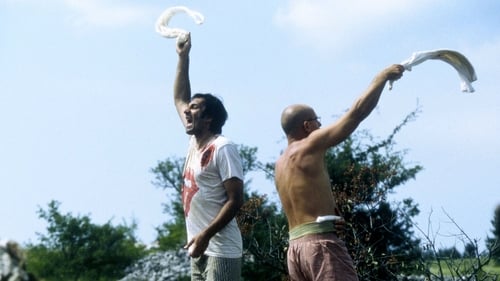
1993年6月。ボスニア紛争の最前線。霧で道に迷ったボスニア軍の兵士たちは、いつの間にか敵陣に入り込み、気づいたときにはセルビア軍の攻撃が始まっていた。唯一の生存者チキは、なんとか塹壕にたどり着き身を隠す。そこは、ボスニアとセルビアの中間地帯“ノー・マンズ・ランド”。偵察に来たセルビア新兵ニノと老兵士はボスニア兵の死体の下に地雷を仕掛けて引き上げようとする。その瞬間、隠れていたチキが二人を撃ち、老兵士は死に、ニノは怪我を負う。チキとニノの睨み合いが続く中、死んだと思われていたボスニア兵が意識を取り戻し……。
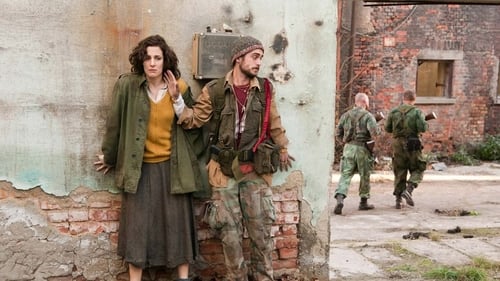
During the Bosnian War, Danijel, a soldier fighting for the Serbs, re-encounters Ajla, a Bosnian who's now a captive in his camp he oversees. Their once promising connection has become ambiguous as their motives have changed.
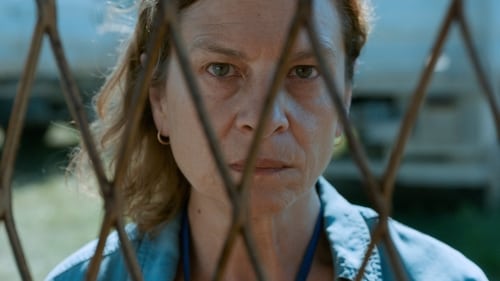
ボスニア紛争末期の1995年7月11日、ボスニア東部の町スレブレニツァがセルビア人勢力の侵攻によって陥落。避難場所を求める2万人の市民が、町の外れにある国連施設に殺到した。国連保護軍の通訳として働くアイダは、夫と二人の息子を強引に施設内に招き入れるが、町を支配したムラディッチ将軍率いるセルビア人勢力は、国連軍との合意を一方的に破り、避難民の“移送”とおぞましい処刑を開始する。愛する家族と同胞たちの命を守るため、アイダはあらゆる手を尽くそうと施設の内外を奔走するが――。
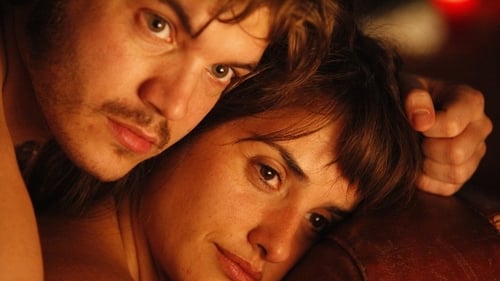
Full-throttle melodrama about an ill-starred romance set against the backdrop of the siege of Sarajevo. A mother brings her teenage son to Sarajevo, where his father died in the Bosnian conflict years ago.
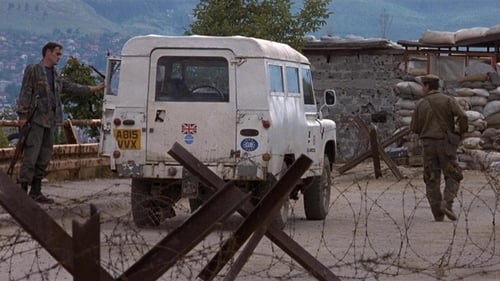
Follow a group of international journalists into the heart of the once cosmopolitan city of Sarajevo—now a danger zone of sniper and mortar attacks where residents still live. While reporting on an American aid worker who’s trying to get children out of the country, a British correspondent decides to take an orphaned girl home to London.
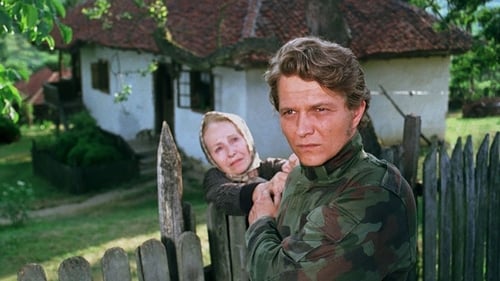
In the opening stages of the Bosnian War, a small group of Serbian soldiers are trapped in a tunnel by a Muslim force.
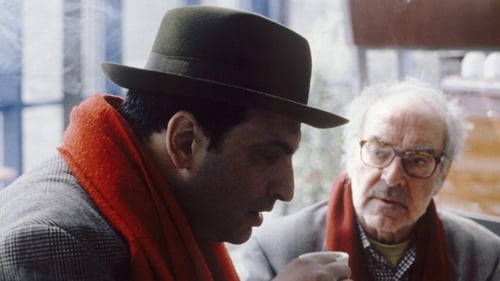
Divided into three “kingdoms” — Enfer (Hell), Purgatoire (Purgatory) and Paradis (Paradise) — Notre Musique is an indictment of modern times.

If the conflict in Bosnia has become something of a forgotten war, it's not for the want of trying from the immensely powerful BBC film Warriors, the story of five young soldiers and their harrowing experiences in the region.

The horrors of war are examined from the view points of lifelong friends (Linus Roache, Vincent Perez), who end up on opposing sides in the civil war in Sarajevo. One is an expert marksman, who trains the snipers used to terrify the city and the other becomes a freedom fighter, who rejects his friend's offer to gain an escape from the city. As might be expected, the two eventually have to face-off against one another.

In London, during October 1993, England is playing Holland in the preliminaries of the World Cup. The Bosnian War is at its height, and refugees from the ex-Yugoslavia are arriving. Football rivals, and political adversaries from the Balkans all precipitate conflict and amusing situations. Meanwhile, the lives of four English families are affected in different ways by encounter with the refugees.

The war crimes trial of Ratko Mladic, accused of masterminding the murder of over 7000 Muslim men and boys in Srebrenica in the 90s Bosnian war, the worst crime in Europe since WW2.

A detachment of the Polish IFOR forces in Bosnia is led by Major Keller, who is being investigated for insubordination during a patrol in Srebrenica. The investigation is to be led by two arriving officers - Lieutenant Czacki and Major Kusz who will also replace Keller as CO. When the camp's RTO receives a communication from a downed Norwegian chopper, Keller ignores his standing orders and leads a platoon to rescue the crew.
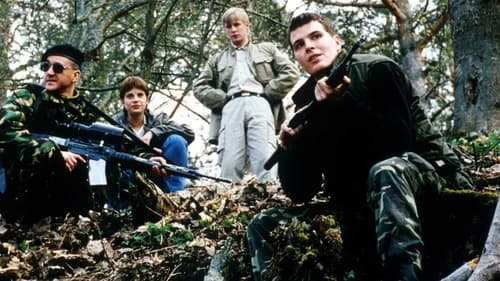
Jacob, a farm boy from Denmark, joins U.N. Brigade's peacekeeping force in Bosnia, where he witnesses refugees trying to escape their war-torn villages. There, Jacob is befriended by Sergeant Holt, a cynical soldier.

Jabir, Usama and Uzeir are three young brothers in a Sunni family of shepherds. Since childhood, their father Ibrahim has rigidly trained them in the principles of the Quran and has filled their minds with stories of the Bosnian War.

Kym, an Australian tourist, decides to travel to Bosnia. Her guidebook leads her to Višegrad, a small town steeped in history, on the border of Bosnia and Serbia. After a night of insomnia in the 'romantic' Hotel Vilina Vlas, Kym discovers what happened there during the war. She can no longer be an ordinary tourist and her life will never be the same again.

Paul Pawlikowski's award-winning documentary on life behind Serbian lines in Bosnia. The film observes the roots of the extreme nationalism which has torn apart a country and provides a chilling examination of the dangerous power of ancient nationalist myths.

Middle-aged cinephile and film projectionist Pera still lives with his mother - and best friend - Mara, in Belgrade. It's 1999 and when NATO bombs start raining down on Serbia, the two of them become refugees. After a surreal journey, they end up in New York, where Pera realizes that he can no longer do the old job he loved so much. While he and Mara were struggling to survive, the new age of digital projection was born. Then Pera stumbles upon some discarded projectors and his new mission in life becomes clear: he will travel around and show people the magic of Real Cinema - the magic that can only be created by celluoid, mechanical projectors, the silver screen and flickering light.

At the end of WWI, the treaty of Versailles established the conditions for peace in Europe. The aim for the victorious powers was to make Germany pay reparations, and to guarantee a future without war. Yet a decade later, the denunciation of 'Versailles' became a powerful lever for the nazis to obtain power as these reparations would mark the beginning of the humiliation of the German people, and nurture a feeling of having been bestowed a hopeless future. In the 20 years that follow the end of WWI, the issue of reparations and responsibility will effectively poison international relationship. The treaty negative impact goes well beyond WWII as the new European borders it implemented led to many conflicts during the twentieth century. This documentary shines a light on the causality between the decisions taken with the treaty of Versailles, and the ensuing events of the century.















